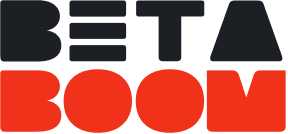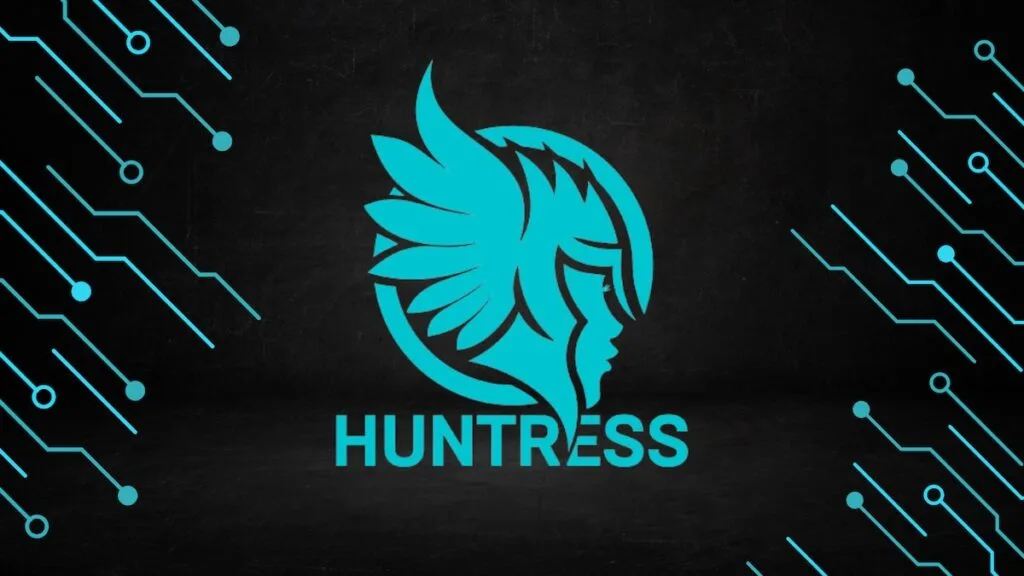Katherine Kostereva is CEO and co-founder of Creatio, a no-code platform that automates workflows and serves as a customer relationship management (CRM) tool. She always aimed to make the startup a global force, and today you can find it in more than 100 countries.
While Katherine calls Newton, Massachusetts, home today, she grew up a world away in Ukraine, where she began her entrepreneurial journey at age 14, offering tutoring services to local kids. Later, from ages 16 to 20, she sold advertising space in newspapers.
Even back then, she knew she had more to offer, living with a fascination for how technology could transform a business.
But her journey from a seven-year bootstrapping entrepreneur to unicorn status was never part of the plan. When asked by We Are Tech Women if this was her vision for the future, she said no.
"I followed my passion with an open-minded approach and without compromises."
Creatio: Graduating to Entrepreneurship
After Katherine earned her MBA, she was hired by IBM in 1998. She spent the next two years working for the European branch in its marketing and PR department. But from day one, she knew she was destined to become an entrepreneur — and that is exactly what she did.
Itching to jump into her next business venture, Katherine began collaborating with her friend, a computer developer, on different market opportunities, she told One by One Million in a 2016 interview.
During these discussions, she noted the need for customer relationship management software in Eastern Europe, as none of the major players were interested in the market in the 1990s. In 2002, convinced this was the perfect sector to dominate, she and her partner launched BPMonline, which offered CRM and business process management software in Ukraine.
But an open market was also accompanied by a lack of capital. In fact, there were few venture capitalists in the country, let alone any sort of startup industry. This made bootstrapping a requirement for all founders to survive. Katherine had to get financially creative.
To create a small pool of funds, they started collecting revenue through monthly $10 subscriptions that provided access to their product and technical support licenses. In the first month, these licenses brought in nearly $10,000 and about $200,000 in the first year. A major factor in this initial success was the decision to collect lump sums instead of incremental payments, which created instant cash flow.
BPMonline was quickly able to establish itself as the standard for CRM software in Eastern Europe. But that was never going to be enough for Katherine.
How to Beat Giants
By 2014, Katherine and her co-founder were ready for major changes. They relaunched under the name Creatio and established their headquarters in Boston. They were now up against the likes of Microsoft Corp. and Salesforce Inc.—two names she was determined to outrank.
"It's all about structures, systems, processes, hiring the right people," she told Boston Business Journal. "Combining this genuine care with a performance-based culture when we're very much KPI-driven."
To achieve this, all profits always went right back into the business, prioritizing hiring top developers and salespeople above all else—except one thing: a solid marketing budget.
Katherine always focused on both inbound and outbound marketing for her ventures. She and her partner relied completely on organic growth, never taking out a loan or accepting investor money.
Time to Fundraise
While the expansion of BPMonline into Creatio to global CRM leader was impressive, Katherine began to wonder if it was time to look at financial opportunities from investors—an approach they historically avoided.
But by 2021, Katherine saw the acceleration of technology, especially with artificial intelligence, and knew it was time to upgrade the platform. First they needed money.
Lacking a fundraising plan, she reached out to a professional. After an initial meeting with an investor, she was handed a term sheet and an offer a few days later. The numbers were irresistible and she knew it was time to start seriously fundraising.
By June 2024, her once bootstrapped startup had reached unicorn status—securing $200 million in Series B funding and bringing their valuation to $1.2 billion. But in the end, the reasoning for chasing the crown all fell back to Katherine's tried and true method: marketing.
"We wanted to use it as a marketing event to up-level the brand awareness of Creatio among large enterprises," she told Fortune, reflecting on her recent valuation. With the growing brand awareness, she hopes to secure larger enterprise clients. "It absolutely helped a lot."





